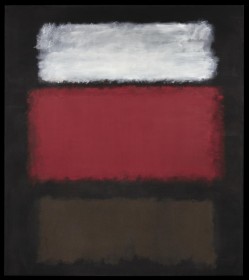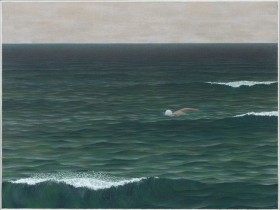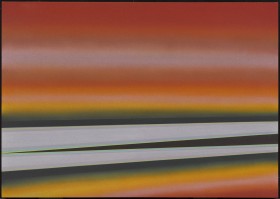In Conversation: Ellen Gallagher & Natasha Trethewey

Left: Photo of Ellen Gallagher by Philippe Vogelenzang, courtesy HALAL. Courtesy the artist and Hauser & Wirth. Right: Natasha Trethewey, photo by Nancy Crampton.
Book your free ticket below.
In Conversation: Ellen Gallagher & Natasha Trethewey
On the occasion of Ellen Gallagher’s exhibition, Nu-Nile, opening at The Power Plant June 22, the AGO and The Power Plant are pleased to present Ellen Gallagher and Natasha Trethewey in a conversation moderated by scholar Ivy Wilson.
Ellen Gallagher's large-scale history paintings featuring seascapes, science experiments, portraiture, abstraction and minstrelsy are mutinous assertions of blackness in a medium in which the African body has long been concealed. Her exploration of visual culture covers a wide ranging temporal terrain stretching from blackface minstrelsy to 20th-century abstraction, and includes mining of vernacular forms as diverse as science fiction, advertising, mid-century race magazines, travelogues and scrimshaw in order to address and release the concealed threads which bind the visible.
Natasha Trethewey is a Pulitzer Prize winner and two-term US Poet Laureate. Her first collection, Domestic Work, won the Cave Canem Prize for a first book by an African American poet. Her second book, Bellocq’s Ophelia, is about a fictional prostitute in New Orleans in the early 1900s. Her third book of poems, Native Guard , won the 2007 Pulitzer Prize in poetry, and contains elegies to her mother, who died while Trethewey was in college, and a sonnet sequence in the voice of a black soldier fighting in the Civil War. She is currently Board of Trustees Professor of English at Northwestern University.
Dr. Ivy Wilson is Associate Professor of English and Director of American Studies at Northwestern University. He teaches courses on the comparative literatures of the black diaspora and U.S. literary studies with a particular emphasis on African American culture. His book, Specters of Democracy: Blackness and the Aesthetics of Nationalism, interrogates how the figurations and tropes of blackness were used to produce the social equations that regulated the cultural meanings of U.S. citizenship and traces how African American intellectuals manipulated the field of aesthetics as a means to enter into political discourse about the forms of subjectivity and national belonging.




